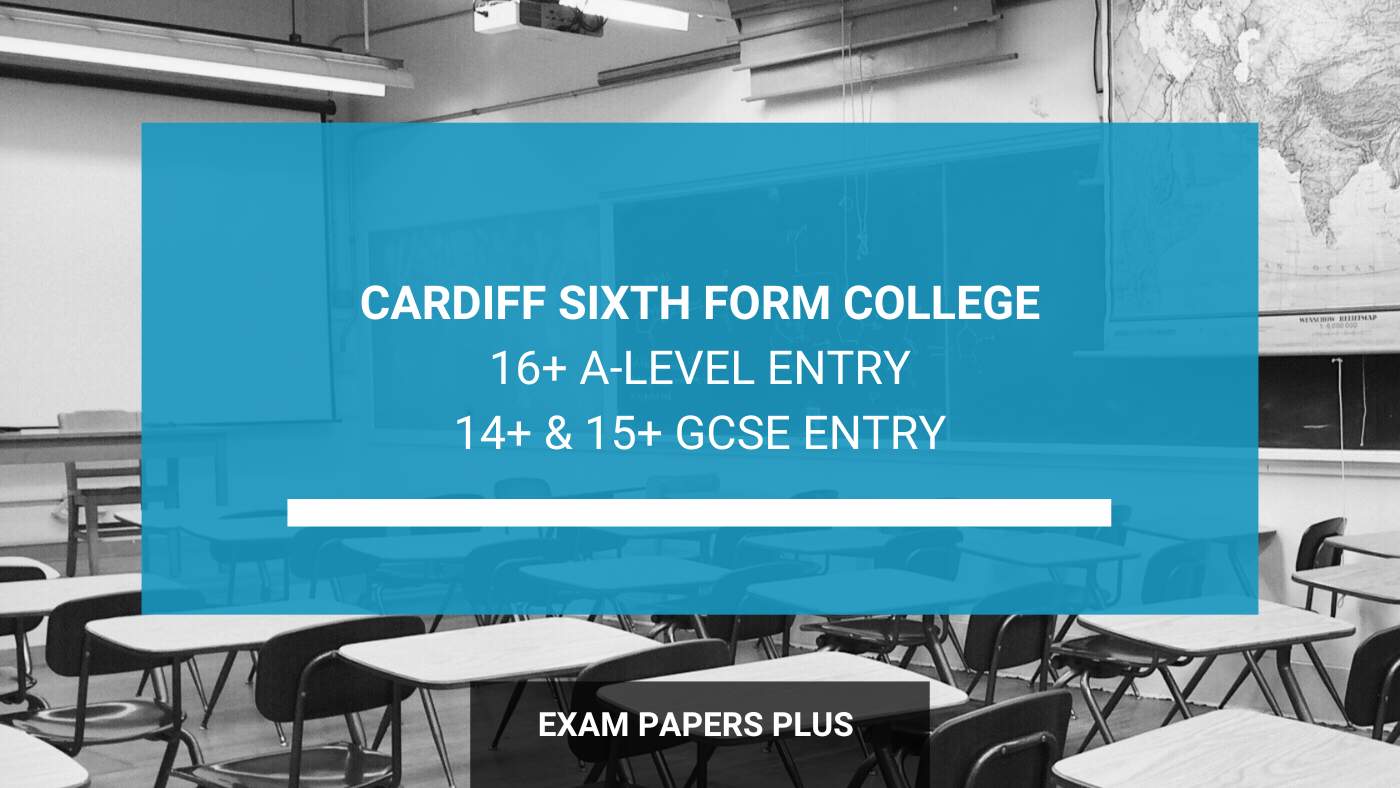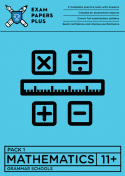
GCSE Maths Non-Calculator Topics
Bookmark this page? Pop your email into the box below to receive a link to this article so you can easily refer back to it later.
Table of Contents
Introduction
As your GCSE Maths exam approaches, your focus should turn to revising topics that are likely to come up on the day. The non-calculator paper will ask questions relating to content from any part of the GCSE maths syllabus. The exam is written and last for 1 hour 30 minutes. There is a total of 80 marks up for grabs and the paper contributes to 33.3% of your overall GCSE maths grade.
To help you prepare for the non-calculator paper, we’ve compiled a non-exhaustive list of topics that you may want to spend time revising. In creating this guide, we’ve reviewed the topics that have come up in the non-calculator paper over the last few years. Of course, we should add that there’s no guaranteeing what topics will come up on the day of your exam.
Here’s our list of GCSE maths non-calculator topics that you may want to spend extra time revising:
- Long multiplication
- Quadratic equations
- Angles
- Speed, distance and time
- Circle theorems
- Similar shapes
- Percentages and ratios
- Stratified sampling
- Indices
- Standard form
- Pressure, force and area
- Percentages
- Fractions
- Histograms
- Transformations
- Negative scale factors
- Quadratic inequalities
- Cumulative frequency (box plots)
- Speed, time and distance graphs
- Probability
- Gradient of a straight line
- Pythagoras
GCSE Maths Non-Calculator Question Types
Being aware of what questions could come up in the non-calculator paper is a good starting point. The next step is to apply your knowledge of these topics to exam-style questions. At Exam Papers Plus, we publish GCSE maths revision packs, so we know how important it is to put theory into practice.
The GCSE maths non-calculator paper contains a mix of question styles, from short, single-mark questions to multi-step problems. The mathematical demand increases as you progress through the paper.
When answering single mark questions, it’s always worth double-checking your answer before moving on. Shorter mark questions aren’t necessarily easier to answer so try to be just as thorough in reviewing your final answer.
With multi-step questions, the key is to put yourself in the examiner’s shoes. They want to see a well-presented, logical answer that’s easy to follow. You should consider the layout of your answer and ask yourself if you can easily identify where all your marks will come from. For example, if you can only identify 3 marks in a 4-mark question, you may have missed a step.
GCSE Maths Non-Calculator Paper Tips
To help you perform at your best in the non-calculator paper, we’ve also compiled some of our top tips for taking the exam itself:
Read each question carefully and try to identify what the question is asking. You can do this by looking for the command word at the beginning of the question. Command words are used to direct your answer. Some of the most common command words in the non-calculator paper include ‘write down’, ‘calculate’ and ‘draw’.
Double-check how many marks each question is worth. The number of available marks is shown in brackets at the end of the question, e.g. (2 marks). A good rule of thumb is to use the number of marks as an indication of how many steps your answer should have. For example, a 2-mark question will generally require two steps. Perhaps you’ll need to first ‘identify’ what formula to use (first step) and then apply it to find the correct answer (second step).
Pay close attention to how you present your answer. Examiners need to be able to see each step in your working. If you come across a particularly difficult multi-step question, you may want to tackle it on a scrap piece of paper first until you find the solution. You can then rewrite your answer in a clearer way on the test paper.
GCSE Maths Practice Tests
When it comes to preparing for the non-calculator test, practice makes perfect. At Exam Papers Plus, we publish GCSE maths revision packs that include non-calculator questions. Our packs aim to improve your skills and confidence in the lead up to test day.
As part of the process of creating our packs, we thoroughly analysed examiners’ reports from previous years to ensure that our practice questions cover all the essential areas of the GCSE maths exam. Our questions also focus on topics that we know students consistently struggle with in the non-calculator paper. Furthermore, all our practice papers are written and developed by former GCSE Maths examiners and markers.
Not only do our tests help students familiarise themselves with the exam format and question styles, they can also help improve time management skills.
Each pack focuses on the key skills required to do well in higher tier GCSE exams and includes detailed step-by-step answers and mark schemes for every question. Each question is labelled to identify the relevant exam boards.
We’d highly recommend the following resources for GCSE maths help:
All of our GCSE packs are available immediately after download.
Related posts:
GCSE Maths Games to Keep You Motivated
GCSE Maths Help: Tips for the Exam
Bookmark this page? Pop your email into the box below to receive a link to this article so you can easily refer back to it later.
















